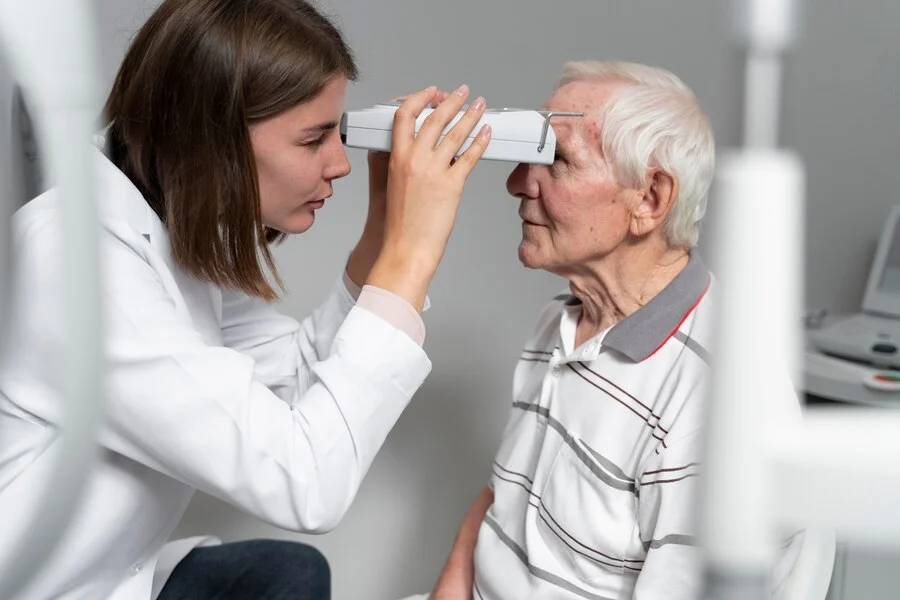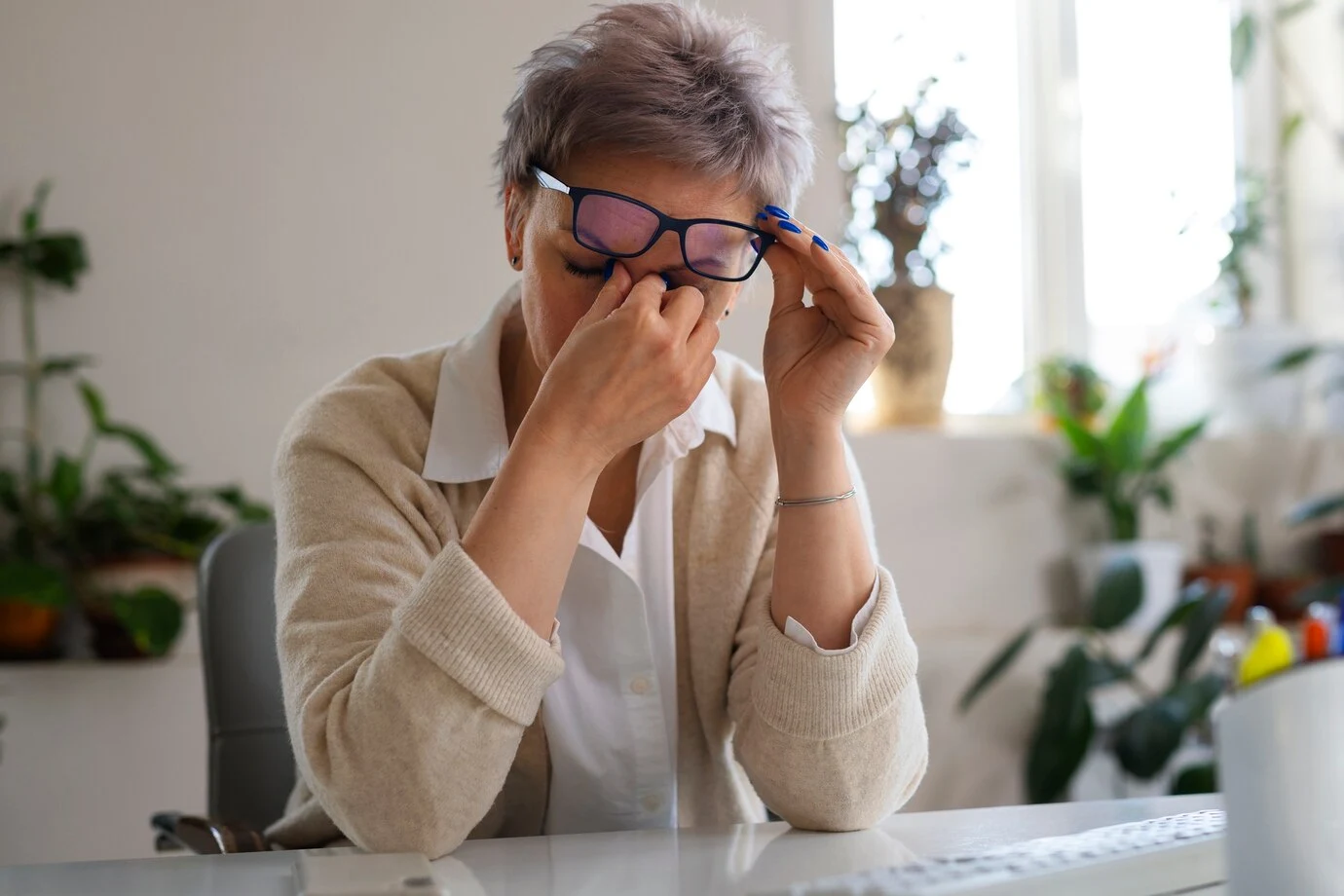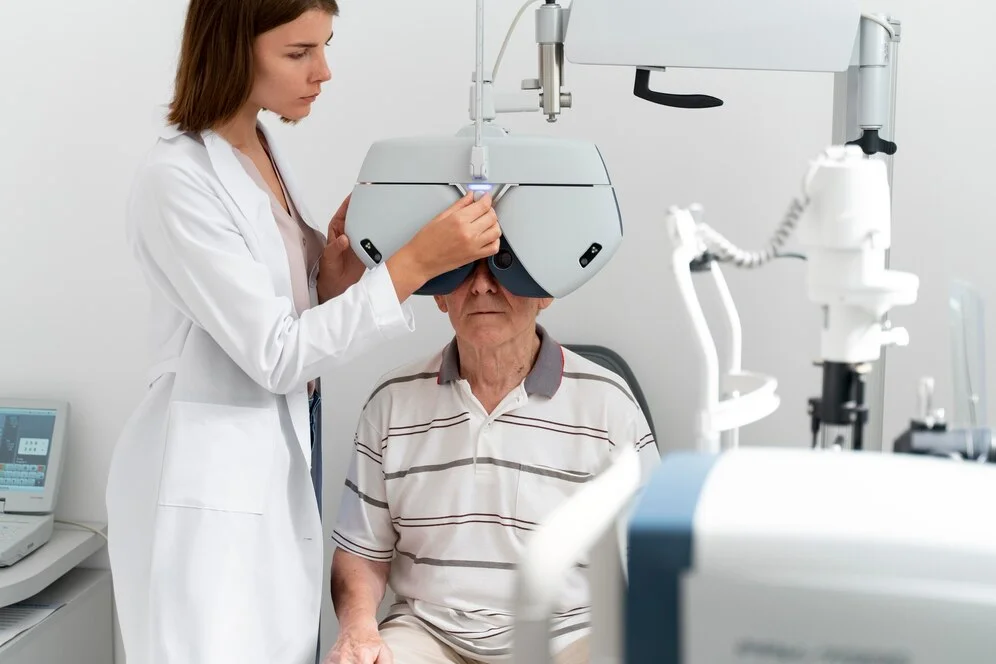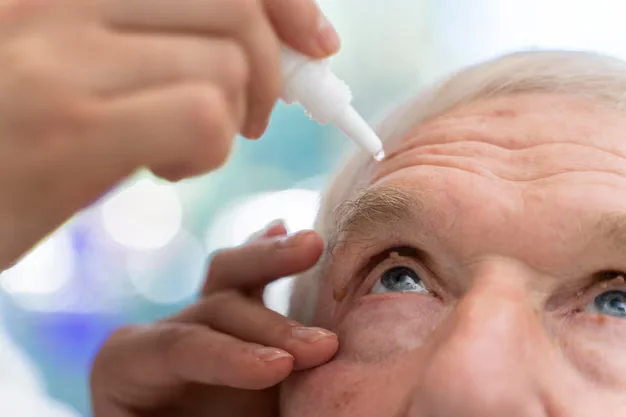As we age, our bodies undergo various changes, and our eyes are no exception. Many eye conditions become more prevalent as we get older, affecting our vision and overall quality of life. Understanding these common eye diseases is crucial for early detection and prevention.
If you have any eye problems, you can schedule appointment at Elite Eye Care, New York.
In this blog post, we'll discuss five of the most common eye diseases that affect adults over 40.

1. Cataracts
Cataracts are a clouding of the lens of the eye, which is normally clear. This clouding can interfere with vision, making it appear blurry or hazy. As cataracts grow larger, they can significantly impair vision. While cataracts are a natural part of aging, certain factors like smoking, excessive alcohol consumption, and exposure to UV radiation can accelerate their development.
Symptoms of cataracts include:
- Blurred or hazy vision
- Sensitivity to light
- Double vision
- Night vision problems
- Need for brighter lighting
Treatment:
The only effective treatment for cataracts is surgery. During cataract surgery, the cloudy lens is removed and replaced with an artificial lens implant. This procedure is typically very safe and effective.

2. Glaucoma
Glaucoma is a group of eye conditions that damage the optic nerve, which transmits visual information from the eye to the brain. It is often referred to as the "silent thief of sight" because it can progress slowly without noticeable symptoms in the early stages.
Causes of glaucoma include:
- Increased pressure within the eye (intraocular pressure)
- Poor blood flow to the optic nerve
- Genetic predisposition
Symptoms of glaucoma may include:
- Blurred or tunnel vision
- Halos around lights
- Frequent headaches
- Eye pain
Treatment:
While glaucoma cannot be cured, it can be managed to prevent further vision loss. Treatment options may include eye drops, laser surgery, or traditional surgery.

3. Age-Related Macular Degeneration (AMD)
AMD is a condition that affects the macula, a small central area of the retina responsible for sharp, detailed vision. As we age, the macula can deteriorate, leading to blurred central vision. AMD is the leading cause of vision loss in people over 50.
Risk factors for AMD include:
- Age
- Genetics
- Smoking
- High blood pressure
- Obesity
- Diet (high in saturated fats and low in antioxidants)
Symptoms of AMD may include:
- Straight lines appearing wavy
- Difficulty reading or seeing fine details
- Need for brighter lighting
Treatment:
While there's currently no cure for AMD, certain treatments can slow its progression. These may include antioxidant supplements, laser therapy, or injections of anti-VEGF drugs.

4. Dry Eye Syndrome
Dry eye syndrome occurs when the eyes don't produce enough tears or when the tears evaporate too quickly. This can cause a range of symptoms, including dryness, irritation, burning, and blurry vision.
Risk factors for dry eye syndrome include:
- Age
- Hormonal changes (e.g., menopause)
- Certain medications
- Environmental factors (e.g., dry air, wind)
- Contact lens wear
Treatment:
Treatment for dry eye syndrome may involve artificial tears, prescription eye drops, warm compresses, or lifestyle changes.

5. Diabetic Retinopathy
Diabetic retinopathy is a complication of diabetes that affects the blood vessels in the retina. High blood sugar levels can damage these vessels, leading to bleeding, swelling, and even retinal detachment.
Risk factors for diabetic retinopathy include:
- Type 1 or type 2 diabetes
- Poor blood sugar control
- High blood pressure
- Long duration of diabetes
Symptoms of diabetic retinopathy may include:
- Blurred vision
- Floating spots
- Night vision problems
- Dark spots in the center of the field of vision
Treatment:
Treatment for diabetic retinopathy depends on the severity of the condition and may include laser surgery, injections of anti-VEGF drugs, or vitrectomy (surgical removal of the vitreous, the gel-like substance that fills the eye).

Regular Eye Exams
To protect your vision, it's essential to schedule regular eye exams with an ophthalmologist. Early detection and treatment can help prevent vision loss from these and other eye diseases. If you notice any changes in your vision, book an appointment at Elite Eye Care immediately.
